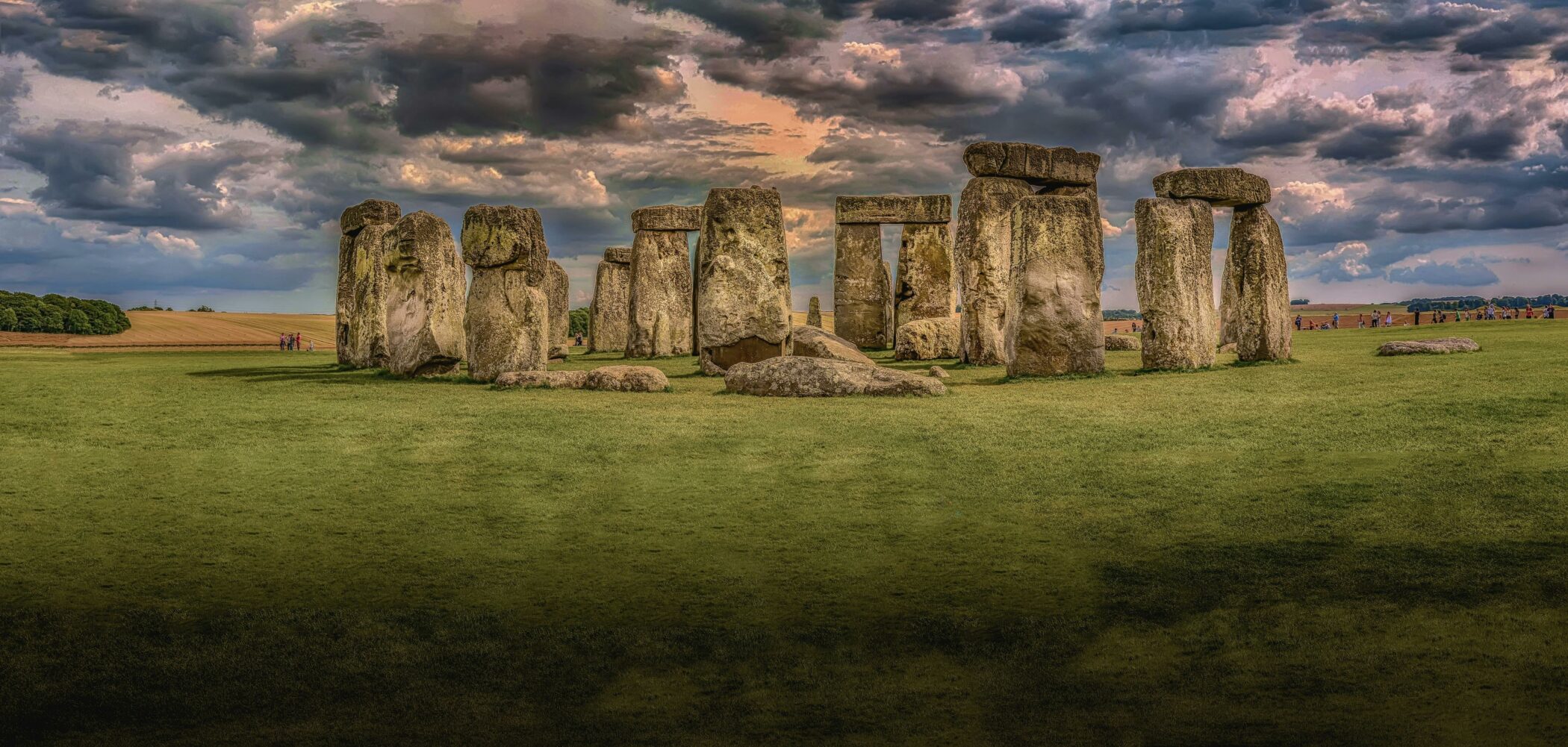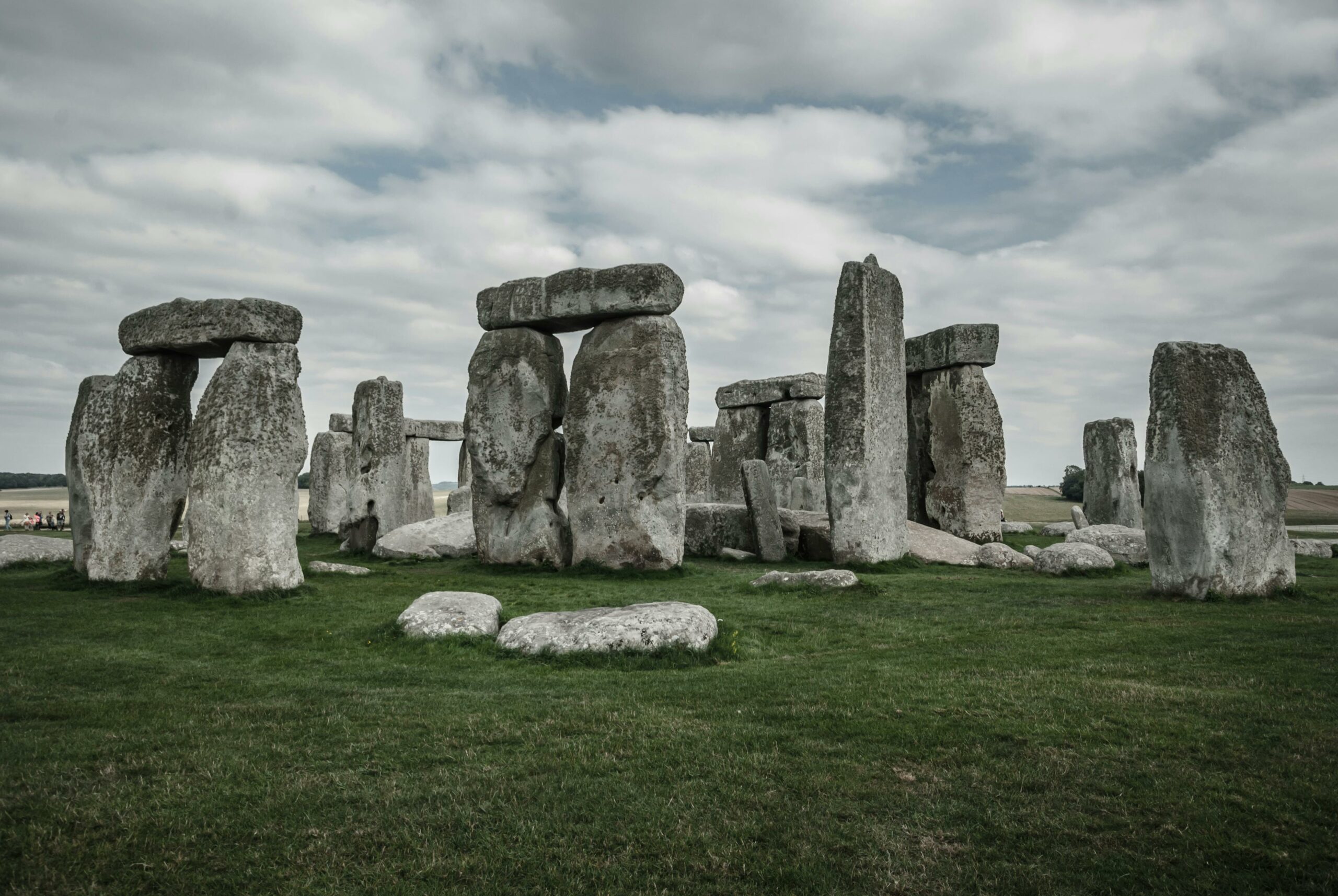Studying Archaeology at Cambridge
- UCAS Code: V400
- How many are admitted to Cambridge every year: 25
- Minimum offer: A*AA
- Essential subjects: None
- Useful subjects: Biology, Classics, History, Geography, Psychology
The archaeology course at Cambridge has the broadest scope of any archaeology degree in the UK. You will be exposed to some of the biggest questions that exist including: ‘Where did we come from?’, ‘What makes us human?’, ‘How did we end up here?’, and ‘What is Society and how does it work?’. You will be able to shape your own degree to suit your own interests, whether they are in the study of a particular time period or area of the world, human evolution, human ecology, or even ancient Assyrian or Egyptian languages.
The Cambridge Archaeology degree is unique, in that no other university offers this combination of subjects and themes within a single course. Students will have the opportunity to become a specialist in an area of archaeology, time period or part of the world that interests them, become a biological anthropologist specialising in human evolution, comparative biology, genetics or primates, or either an Egyptologist or Assyriologist with mastery of both their languages and literature and archaeological remains. Alternatively, students can shape their degree to acquire general strengths across all areas. The cross-cultural and interdisciplinary nature of the course is one of its greatest strengths. You will be exposed equally to practical methods of archaeological and anthropological enquiry, as well as theoretical ideas and scientific techniques.
In the first year of study, all students can choose from a list of papers (modules) that offer a solid introduction to the subject—whether that be the methods of archaeology, an overview of world archaeology, biological anthropology, Egyptian hieroglyphics or even a module from another related discipline (such as Social Anthropology or Psychology).
It is only in the second year of the degree that students need to decide which ‘track’ they wish to pursue for the rest of their degree: straight archaeology, archaeology and biological anthropology, biological anthropology, Egyptology or Assyriology. From that point on, there will be one or two compulsory papers that each student will have to take (depending on their chosen track), but they will also have complete freedom of choice to pick from a wide range of more intensive papers that relate to their specific interests. It is in this way that all Cambridge archaeology students really can shape their degree in a way that suits them.
The Archaeology Department at Cambridge is widely renowned as a centre of international importance in its field – having been the place where several global discoveries have been made and new ideas continue to be realised. Students studying archaeology are taught by lecturers who are at the forefront of current research and can draw on a range of world-class resources ranging from excellent libraries, laboratories, museum collections and fieldwork.
As an archaeology student you will become a member of a large but enthusiastic and friendly Department, mixing with highly motivated fellow students and enjoying a course of study that will be at times surprising, challenging or entertaining, but always fascinating and deeply rewarding.
What can I do with a degree in Archaeology?
The majority of employers that recruit Cambridge graduates do not require a certain degree. They are usually more interested in what you can do rather than what you have studied. Archaeology graduates who want to use their degree often think about working in arts and heritage, civil service, publishing or charities.
Upon successful completion of the course, Cambridge archaeology graduates go on to a vast range of careers. The top sectors that archaeology graduates tend to join are public service, research for think tanks, and natural and social science professions. Of course, many archaeologists continue on to further study, and this may be something that you want to consider.
For more information, please visit the University Careers Service website.

Studying Archaeology at St Edmund’s College
Studying Archaeology at St Edmund’s, as with other Colleges, will involve working closely with your Director of Studies, who will arrange (and sometimes also teach) your weekly one-on-one supervisions. Lectures and language classes are provided centrally by the Archaeology Department.
How to Apply
Applications for all courses are made through UCAS. You must apply by 15 October 2025 to be considered for entry in October 2026.
Requirements
My Cambridge Application Form
Written Work
Tests
Interviews
Deferred Entry
Affiliated students
What is a typical Term’s work
Teaching in archaeology is provided through weekly lectures for each of your papers, as well as a number of ‘supervisions’ (small group classes of one or two students and an academic) and practical classes in labs or museums (where relevant). Most of these are arranged centrally in the Department, but depending on the papers you take your Director of Studies may be more involved in assigning a suitable supervisor to you. In lectures, your teachers will provide information, elucidation, and argumentation, most of which will not be found in books or articles. They will introduce you to unfamiliar material and will convey their own enthusiasm for the subject. They will give you documentation for the course, including useful handouts.
A certain amount of preparation for Departmental teaching is expected. Every lecture will come with a short reading list that you are encouraged to engage with so that you are familiar with a topic before receiving a lecture on it. Then, for supervisions, you will normally be expected to read more widely around a topic and write a short essay in advance of the supervision, which will then form the basis of conversation in class.
The organisation of your supervisions will depend on your choice of papers. In general, you will have up to eight supervisions in each of your archaeology papers over the course of the academic year. On average, you will have one supervision per week, but sometimes more than this. Each supervision lasts an hour, and the discussion will normally be focused on an essay that you will have submitted in advance. Your supervisor will suggest a topic for your essay and provide a reading list. In the supervision, the supervisor will take you through your essay, discuss its content and ask you to enlarge on certain matters. You can use the supervision to follow up things said in lectures, or to raise questions that interest or perplex you. Your supervisor will also help you to improve your essay-writing skills.
People
- Dr Corinne Roughley, Director of Studies
- Dr Jason Hawkes, Head of Admissions


